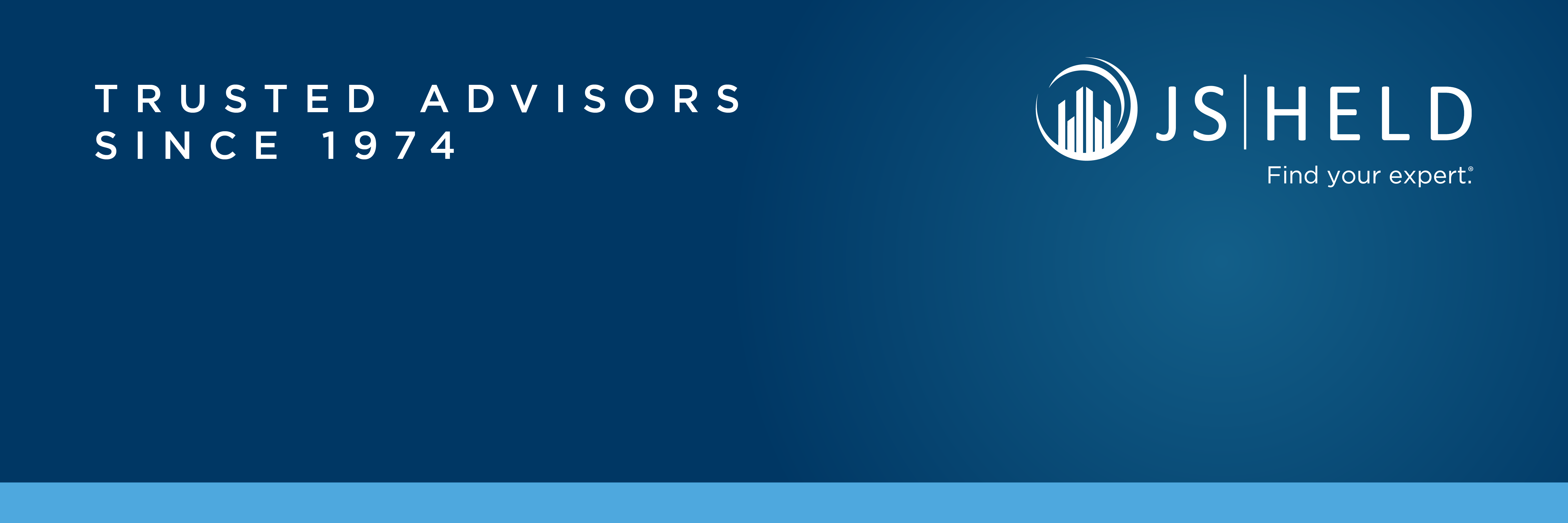2 min
Strategies for Interacting with Federal and State Governments in Turbulent Times
From foreign investment scrutiny to trade fraud enforcement, shifting federal and state priorities are reshaping corporate compliance. At the Federation of Defense & Corporate Counsel (FDCC) 2025 Corporate Counsel Symposium (CCS) in Chicago, J.S. Held compliance, risk, and investigations expert Greg Esslinger joined a panel to discuss 'Strategies for Interacting with Federal and State Governments in Turbulent Times,' focusing on the current climate for mergers, acquisitions, and corporate compliance. Below, he shares key takeaways from the session designed to help businesses refine their M&A techniques, navigate high-stakes transactions and investigations, and realize value amid global government shifts. REGULATORY EXPECTATIONS ARE SHIFTING QUICKLY Government agencies are adjusting their enforcement priorities, with increased scrutiny on foreign investments, beneficial ownership, and emerging areas like healthcare fraud, sanctions and tariffs, and foreign terrorist organizations (FTOs). M&A REQUIRES STRATEGIC RISK MANAGEMENT In today’s volatile regulatory climate, mergers, acquisitions, and joint ventures demand enhanced due diligence. Tariffs, supply chain disruptions, and national security concerns are reshaping how companies value and structure deals. MULTI-JURISDICTIONAL OVERSIGHT IS INCREASING State and international enforcement and regulatory agencies are ramping up efforts, bringing heightened attention to data privacy, private litigation, whistleblower actions, and cross-border investigations, which carry potential reputational and financial risk. INVESTIGATIONS DEMAND AGILITY AND FORESIGHT As enforcement priorities shift across areas like customs, healthcare, and workplace equity initiatives, companies face growing exposure to government inquiries. Preparation and adaptability are key to mitigating risk. For more information about J.S. Held's investigations and compliance consulting expertise: To explore the topic further, simply connect with Greg through his icon below.





